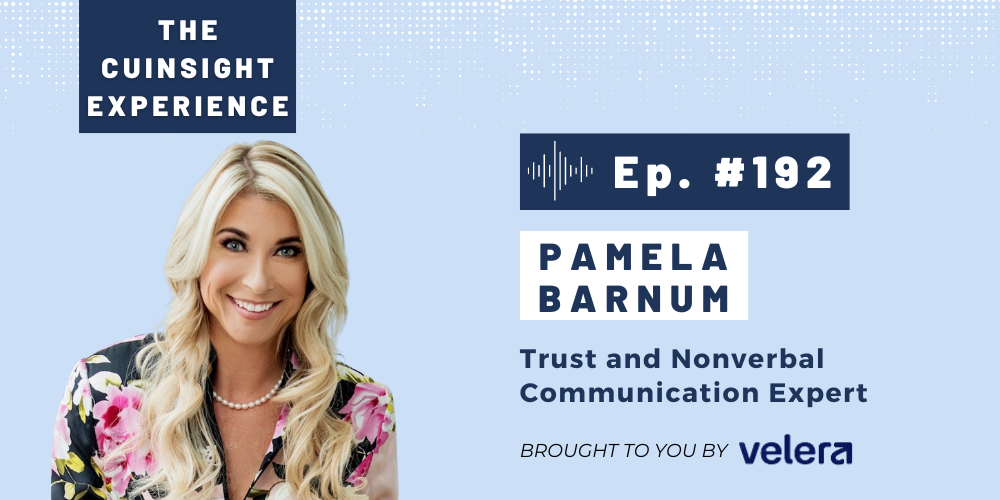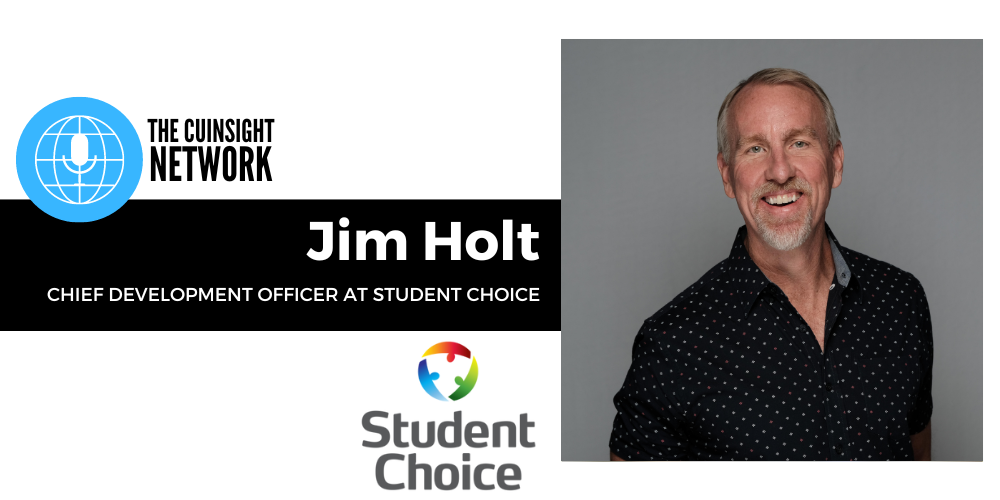I love conflict…..said very few people ever, especially in the credit union space, myself included.
Credit unions as an industry and the people in it are nice. We care about each other, our members and our communities. We are kind and compassionate. And in a large percentage we are not good at conflict.Conflict is necessary for growth and development. Conflict is necessary to develop and deepen relationships. Conflict at its core is simply perceiving something differently than someone else. Having a different viewpoint or perspective.
“For good ideas and true innovation, you need human interaction, conflict, argument, debate.” Margaret Heffernan
Leaning into conflict with a positive and productive mindset can result in beneficial results for the organization and personal relationships.Here are some quick tips to manage yourself through conflict. And when I say “quick” I mean quick to read. We have to be willing to lean into the discomfort of conflict and the discomfort of developing ourselves a bit in the process:
- Listen to understand and not to respond.
- Consider alternate ideas and perspectives.
- Compromise. Is there space for middle ground?
- Analyze how you feel and why.
- Accept that conflict is natural and can lead to growth
And a few communication considerations:
- Use I statements. “I feel…”
- Instead of “why did you,” try: “help me understand...”
- Stick to behaviors (something someone can say or do) and not labels. Ex: you can’t say or do “inconsiderate” or “helpful” those are labels. Behaviors would sound like, “being 10 minutes late to every meeting” (label of inconsiderate), or “getting me the reports a day early” (label of helpful). We can all have different definitions of label words, but behaviors are specific and get us on the same page.
Being able to manage effectively through conflict will benefit not only you, but all those you touch and support as well.
“Whenever you're in conflict with someone, there is one factor that can make the difference between damaging your relationship and deepening it. That factor is attitude.” – William James







